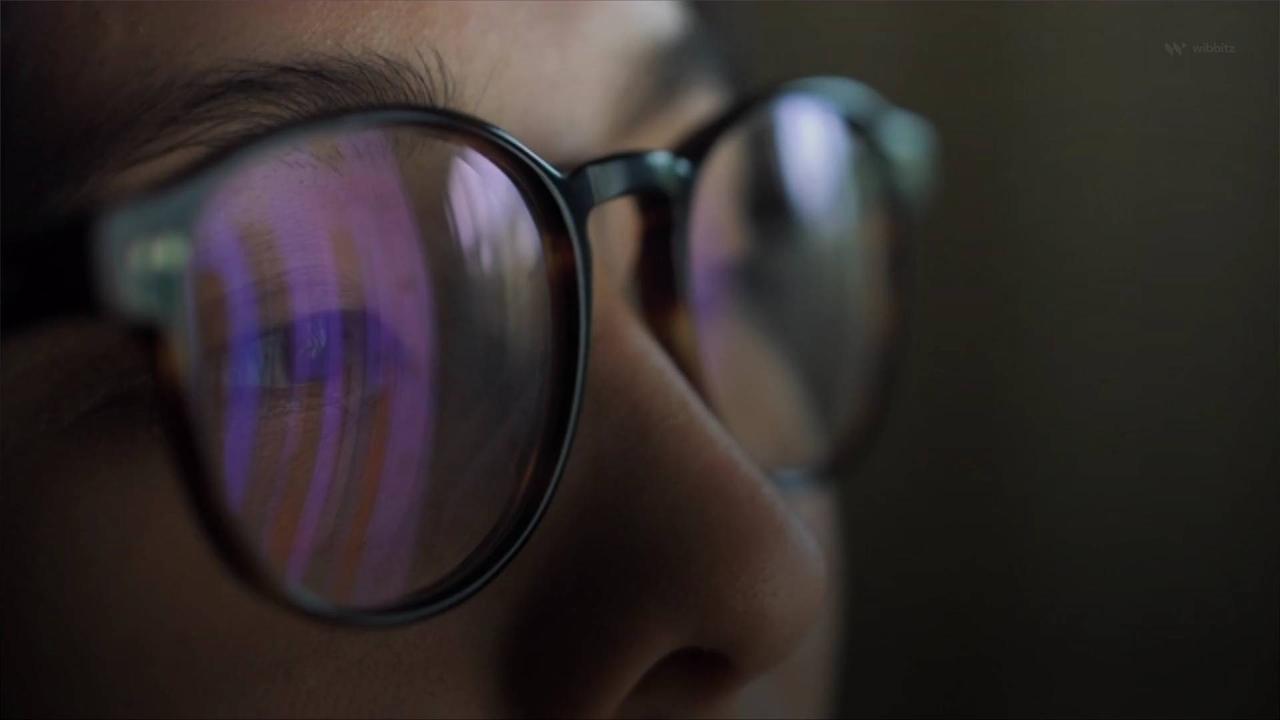
Study Reinforces That , Social Media Is Not , a Reliable Source of Information.
According to research published in 'Psychology of Popular Media,' individuals who look to social media for information tend to have lower knowledge regarding anxiety.
'Psypost' reports that those who tend to turn to social media also exhibit an indiscriminate use of coping strategies.
'Psypost' reports that those who tend to turn to social media also exhibit an indiscriminate use of coping strategies.
I became heavily interested in this topic throughout the early stages of the COVID-19 pandemic, Rebecca Wolenski, Study author and doctoral student in clinical psychology at Florida International University.
Folks in need had more limited options to gain services due to quarantine and illness, which exacerbated this issue and also brought the need for anxiety- related aid to the forefront of my attention, Rebecca Wolenski, Study author and doctoral student in clinical psychology at Florida International University.
Participants were asked how often they sought out information regarding anxiety via seven different sources.
Those sources were: social media, friends/family, books, internet websites, podcasts, television/movies and therapy.
Then participants were asked to complete a 35-question test of knowledge about anxiety and how often they used advice or coping strategies suggested on social media.
Ultimately our data supports our original hypothesis, which is that emerging adults do in fact seek this type of information on social media platforms like TikTok, Facebook, YouTube, and Instagram, Rebecca Wolenski, Study author and doctoral student in clinical psychology at Florida International University.
Therefore, we conclude that while these sites provide plentiful and accessible information, they might not be the best primary sources to rely solely on, Rebecca Wolenski, Study author and doctoral student in clinical psychology at Florida International University
